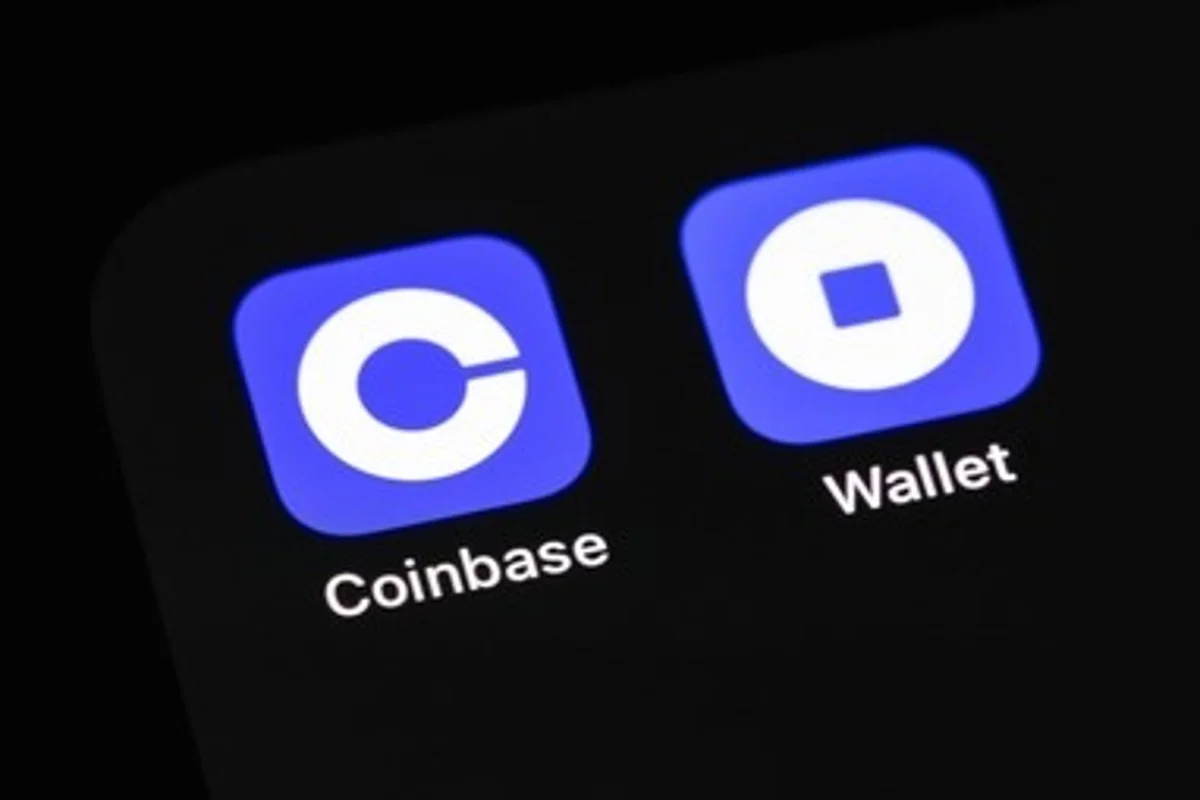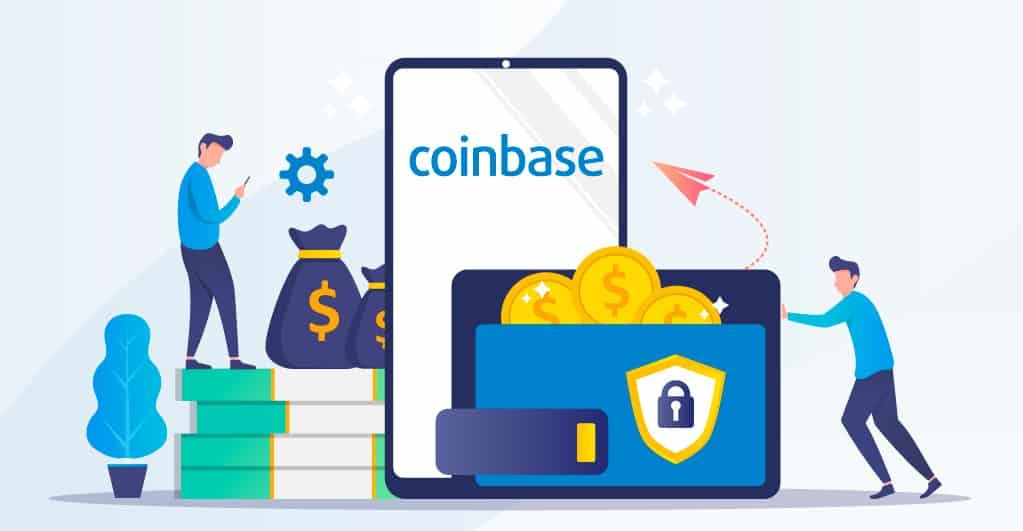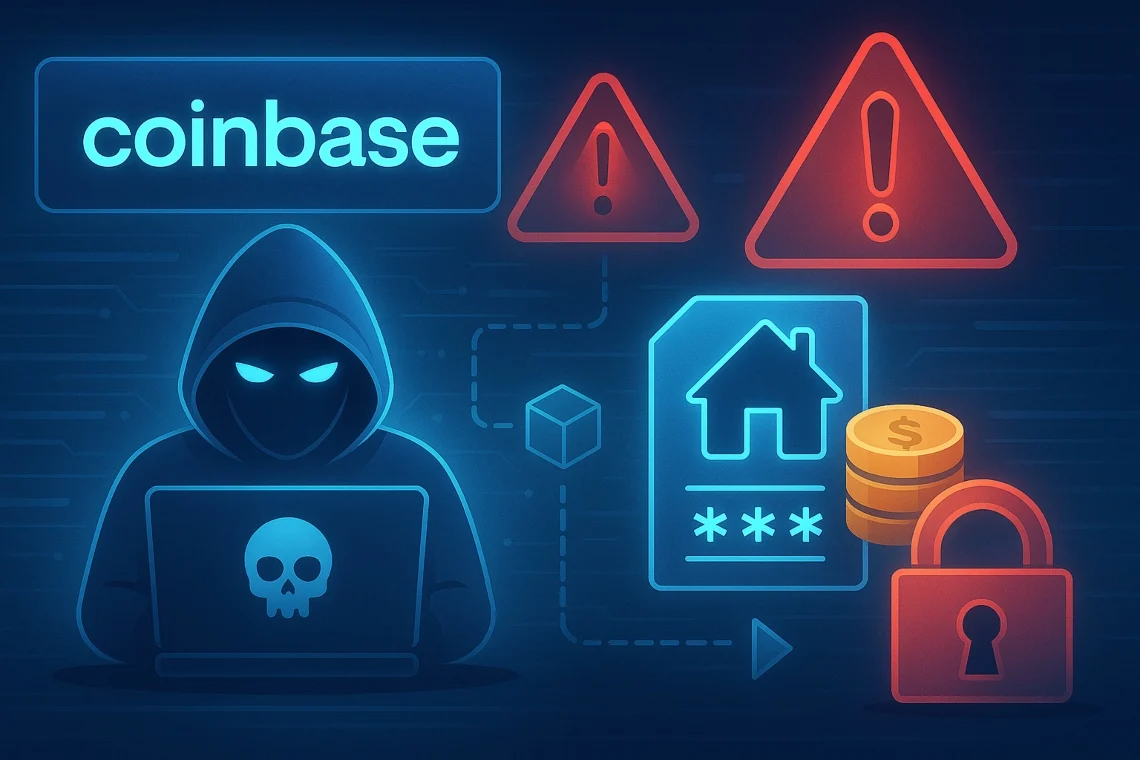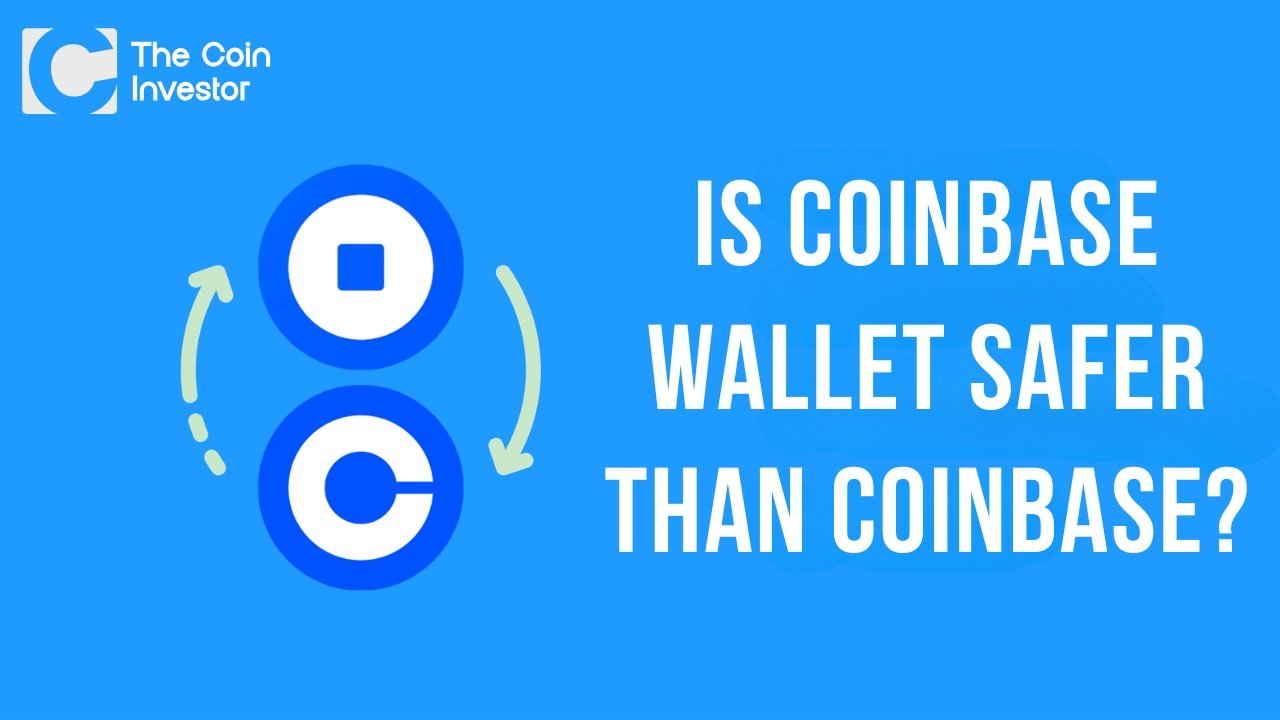The Coin Investor champions smart, informed investing in digital assets, guiding both newcomers and seasoned crypto investors through a rapidly evolving space. As the gateway to cryptocurrencies, choosing between a custodial exchange account and a non-custodial crypto wallet is foundational to long-term wealth preservation.
This comprehensive guide delves into Coinbase and Coinbase Wallet, comparing security measures, supported features, and practical use cases. Whether you manage Bitcoin, Litecoin, ETH, NFTS, or engage with Dapps on Polygon and Solana, understanding custodial vs. non-custodial storage empowers you to protect your holdings, optimize transaction fees, and maintain full control of private keys.
Coinbase and Coinbase Wallet

What Is Coinbase?
Coinbase is a leading crypto exchange and gateway for digital assets in the United States.
As a custodial platform, Coinbase holds private keys on behalf of users, providing insurance coverage for custodial wallets and a responsive customer support team to resolve password resets or suspicious email alerts.
With a Coinbase exchange account, you can fund your wallet via bank transfers or credit cards, trade a wide range of cryptocurrencies—including BTC, ETH, LTC, Polygon tokens, Solana, and more—and stake select tokens for passive rewards.
The coinbase mobile app on Android and iOS offers robust security measures: two-factor authentication (2FA) via SMS or authenticator apps, biometric login, and optional hardware security keys.
Funds are stored in geographically dispersed cold storage vaults with AES-256 encryption, and a portion remains liquid for daily withdrawals.
What Is Coinbase Wallet?
Coinbase Wallet is a standalone crypto wallet—available as a browser extension and mobile app—that grants users complete control of private keys and seed phrase. Unlike custodial wallets, Coinbase Wallet places responsibility for encryption, recovery phrase backup, and device security squarely on the wallet owner.
Users can connect directly to dapps, swap tokens across dozens of blockchains, and manage nfts within a single interface.
The wallet integrates seamlessly with hardware wallets such as Ledger and Trezor, enabling cold storage for maximum protection against hackers and malware.
Without access to a Coinbase exchange account, you can still send and receive digital assets using your wallet address, sign transactions offline, and maintain full control of private keys.
Is Coinbase Wallet Safer Than Coinbase?

Custodial vs. Non-Custodial Storage
Custodial wallets, like Coinbase, keep your private keys on safe servers.
They manage tasks like encryption and storage. If you forget your password or lose your device, support can help. They assist through email checks and ID verification. But custodial wallets have risks. If the exchange is hacked or closes, you might lose your money.
On the other hand, non-custodial wallets, like Coinbase Wallet, let you control your private keys and recovery phrase. This removes third-party risk but makes you responsible for safety. Good practices are important here. Use a hardware wallet for cold storage.
Back up your seed phrase in safe spots. Also, create strong and unique passwords for each wallet file.
Supported Features and Use Cases
A Coinbase exchange account makes it easy to buy using cash. It has a simple sign-up process.
The fees can change based on how you pay. You can also stake some coins directly on the platform. This account is great for new users, traders, and long-term investors who want help and simplicity.
Coinbase Wallet lets you use many types of cryptocurrencies. You can swap tokens at good rates and access NFTs. It also connects to DeFi services through apps called dapps. This wallet is perfect for skilled investors and those into DeFi who want to manage their own keys. They prefer less need for central security.
You can use a browser add-on to connect easily with decentralized exchanges, lending sites, and NFT shops. Your seed phrase will stay safe while you trade and invest.
How to Connect Coinbase Wallet to Coinbase?

Mobile:
- Install and open the Coinbase Wallet app (iOS/Android).
- Tap Settings (bottom right) → Connect to Coinbase.
- Sign in with your Coinbase.com email and password.
- Complete two-factor authentication (2FA) or biometric verification.
- Tap Authorize to grant permissions.
Browser Extension:
- Install the Coinbase Wallet extension (Chrome/Firefox/Edge).
- Click the wallet icon → Add Crypto → Add crypto with Coinbase On-ramp.
- Sign in with your Coinbase.com credentials and finish 2FA.
- Approve the authorization popup.
Transferring Funds:
- To Wallet: In the Coinbase app, tap Transfer → Send Crypto, choose an asset, select your Coinbase Wallet address, enter amount, and confirm.
- To Exchange: In Coinbase Wallet, go to Payments, choose an asset, tap Send, enter your Coinbase email or wallet address, and confirm.
Note: Linked accounts share your exchange balances and self-custody holdings. Standard network fees apply.
Security Measures Compared

How Coinbase Safeguards User Funds?
Coinbase implements strong security features across its exchange platform:
- Two-factor authentication (2FA) options: SMS, authenticator apps, and hardware security keys.
- Insurance policy covering custodial wallets against exchange breaches, protecting crypto holdings up to policy limits.
- Cold storage for more than 98% of customer funds, secured in vaults with time-locked withdrawals and multi-party approval.
- Regular audits by third-party security firms and compliance with SEC, FinCEN, and state money transmitter regulations.
- Real-time monitoring for suspicious activity, email notifications for withdrawals, and optional withdrawal whitelist for addresses.
Security Features of Coinbase Wallet
Coinbase Wallet’s non-custodial architecture delivers:
- Full control of private keys and seed phrase stored locally on device or hardware wallet.
- Password encryption of wallet data using industry-standard AES and PBKDF2 key derivation.
- Secure offline signing of transactions, preventing exposure of private keys to internet-connected devices.
- Open-source codebase, allowing community audits and vulnerability reporting.
- Support for cold storage via USB hardware wallets, isolating private keys from malware-prone devices.
Pros and Cons For U.S. Crypto Users

Advantages of Using Coinbase
| Advantage | Details |
|---|---|
| Ease of Use | Intuitive mobile app, streamlined account setup, direct fiat on-ramps for USD, EUR, GBP |
| Robust Security Measures | Custodial insurance, 98% of funds in cold storage vaults, 2FA, hardware key support, compliance with SEC and FinCEN |
| Customer Support | Dedicated support via email, live chat, and phone, with fast resolution for password resets and transaction issues |
| Wide Range of Cryptocurrencies | Support for BTC, ETH, LTC, Polygon, Solana, numerous altcoins, stablecoins, and staking options |
Pros and Cons of Coinbase Wallet
| Pros | Cons |
|---|---|
| Complete Control of Private Keys | User responsible for seed phrase backup; loss results in permanent loss of funds |
| Direct Access to dapps, NFT Markets, DeFi | No integrated fiat on-ramp; requires manual crypto transfers from an exchange account |
| Browser Extension and Mobile App Integration | Potential exposure to phishing, browser vulnerabilities, and mobile malware |
| Hardware Wallet Support | Additional cost and setup complexity; users must manage device firmware and physical security of the hardware wallet |
Types of Crypto Wallets

- Hot Wallets: Hot wallets remain connected to the internet, offering convenience for frequent transactions, staking, and quick access to crypto exchange platforms. Examples include Coinbase Wallet, MetaMask, and mobile app wallets. Their “always-online” nature, however, exposes them to hackers, phishing scams, and malware vulnerabilities.
- Cold Wallets: Cold wallets store private keys offline, eliminating exposure to internet-based attacks. Hardware wallets like Ledger and Trezor, paper wallets, and air-gapped offline systems provide the strongest protection for long-term holdings. Users must securely store their recovery phrase, ideally in multiple geographically dispersed locations, to guard against physical theft, fire, or water damage.
Conclusion
Coinbase and Coinbase Wallet each serve distinct needs in the crypto ecosystem. Coinbase excels as a custodial crypto exchange with strong security measures, dedicated customer support, and simple fiat on-ramps—ideal for beginners and traders seeking convenience.
Coinbase Wallet offers complete control of private keys, seamless dapp access, and cold storage integration, catering to advanced crypto investors, DeFi enthusiasts, and those prioritizing self-custody.
Your choice hinges on risk tolerance, technical proficiency, and whether you value convenience or full control of your digital assets.
FAQ’s:
Is it Better to Use Coinbase or Coinbase Wallet?
Opt for Coinbase if you prefer custodial support, fiat on-ramps, and insurance coverage. Choose Coinbase Wallet for non-custodial security, full control of private keys, and direct DeFi access.
What Are the Benefits of a Self-Custody Wallet?
Self-custody wallets eliminate counterparty risk, allow direct interaction with blockchain networks and dapps, and ensure you remain the sole owner of private keys and recovery phrase.
Can You Send Money From Coinbase to Coinbase Wallet?
Yes. Transfers incur standard network transaction fees. Use the “Send” feature in your Coinbase exchange account to enter your Coinbase Wallet address and complete the transaction.
Can I Use Both Coinbase and Coinbase Wallet Together?
Absolutely. Many crypto investors purchase assets on the Coinbase exchange, then transfer holdings to Coinbase Wallet for staking, DeFi participation, or cold storage with hardware wallets.
What Happens to Coinbase Wallet If Coinbase Fails?
Coinbase Wallet is non-custodial; you hold your private keys and recovery phrase. Even if the Coinbase exchange ceases operations, your wallet remains fully accessible, provided you have your seed phrase stored securely.
